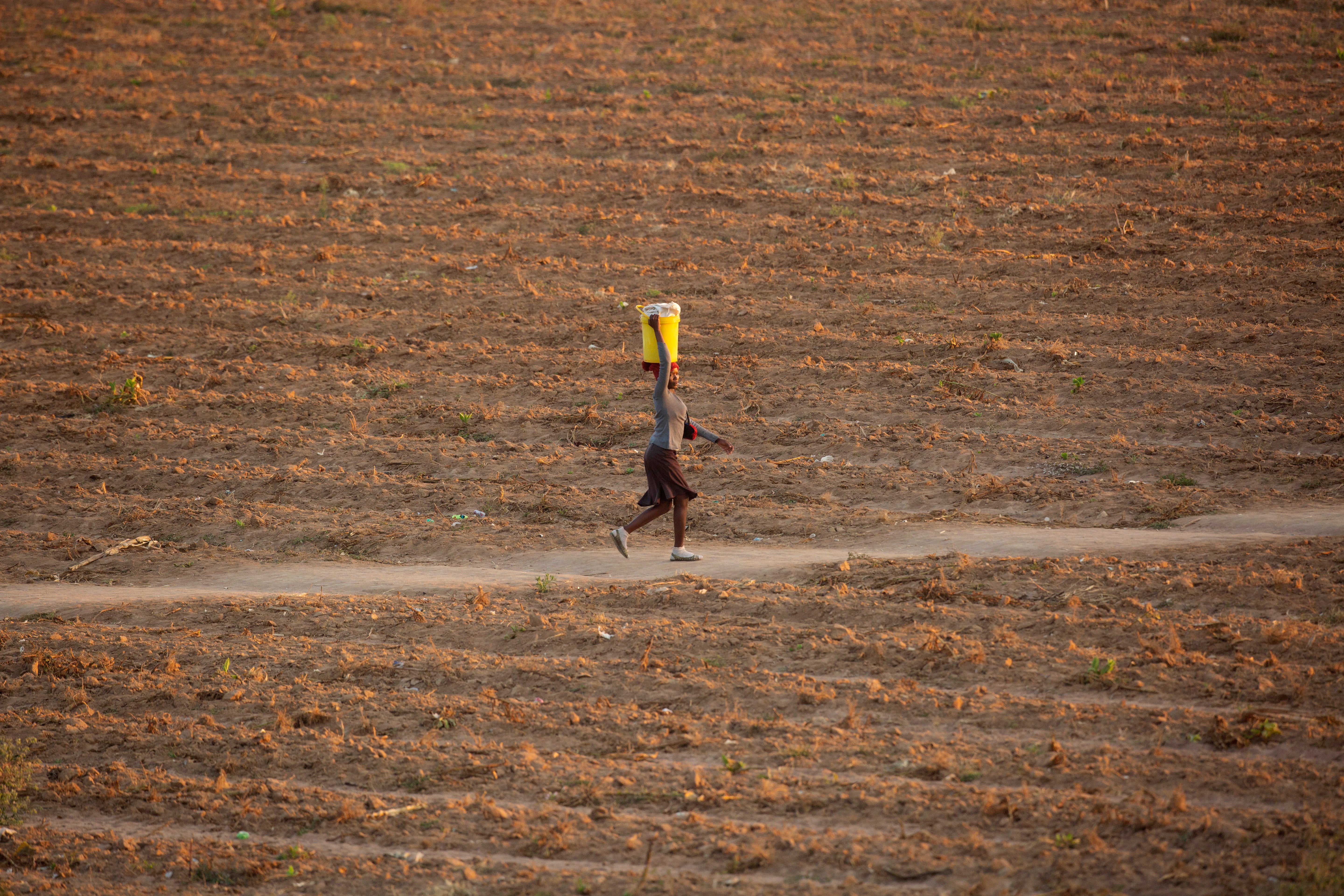UN warns of climate change impact on farms and rural households run by women in poor countries
The United Nations says that women who run farms and rural households in poor countries suffer more from climate change and are discriminated against as they try to adapt to other sources of income in times of crises

Your support helps us to tell the story
From reproductive rights to climate change to Big Tech, The Independent is on the ground when the story is developing. Whether it's investigating the financials of Elon Musk's pro-Trump PAC or producing our latest documentary, 'The A Word', which shines a light on the American women fighting for reproductive rights, we know how important it is to parse out the facts from the messaging.
At such a critical moment in US history, we need reporters on the ground. Your donation allows us to keep sending journalists to speak to both sides of the story.
The Independent is trusted by Americans across the entire political spectrum. And unlike many other quality news outlets, we choose not to lock Americans out of our reporting and analysis with paywalls. We believe quality journalism should be available to everyone, paid for by those who can afford it.
Your support makes all the difference.Women who run farms and rural households in poor countries suffer more from climate change and are discriminated against as they try to adapt to other sources of income in times of crises, the United Nations warned Tuesday.
A new report by the Food and Agriculture Organization, “The Unjust Climate,” found that female-headed rural households lose on average 8% more of their income during heat waves and 3% more during floods, compared to male-headed households.
That disparity translates into a per capita reduction of $83 due to heat stress and $35 due to floods — coming up to an annual total of $37 billion and $16 billion respectively in poor countries, the U.N. agency said in the report.
“Considering the significant existing differences in agricultural productivity and wages between women and men, the study suggests that if not addressed, climate change will greatly widen these gaps in the years ahead,” FAO said.
The Rome-based FAO came up with the statistics by surveying 100,000 rural households across 24 poor and middle-income countries around the world. The agency then integrated that data with 70 years of precipitation and temperature data.
Significantly, the report noted that few government plans to address climate change and promote adaptation strategies take into account the specific vulnerabilities of rural women and youths.
Only 6% of the more than 4,000 proposals contained in the national climate adaptation plans of the countries surveyed mentioned women.
The report noted that in many poor countries, women are discriminated against in their ability to have rights to land or to make decisions over their work. When they then try to diversify their sources of income as a result of climate crises reducing farm and livestock productivity, they also face discrimination in gaining access to information, financing and technology.
The report called for targeted strategies to address the particular vulnerabilities of rural households headed by women.
‘’Social differences based on locations, wealth, gender and age have a powerful, yet poorly understood, impact on rural peoples’ vulnerability to the impacts of the climate crisis,” said FAO’s director general, Qu Dongyu.
“These findings highlight the urgent need to dedicate substantially more financial resources and policy attention to issues of inclusivity and resilience in global and national climate actions,” he said.